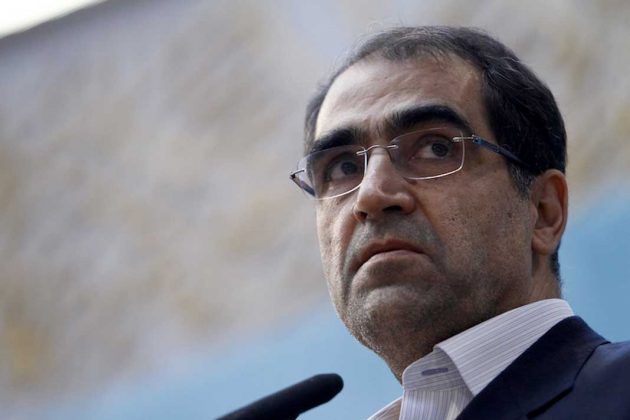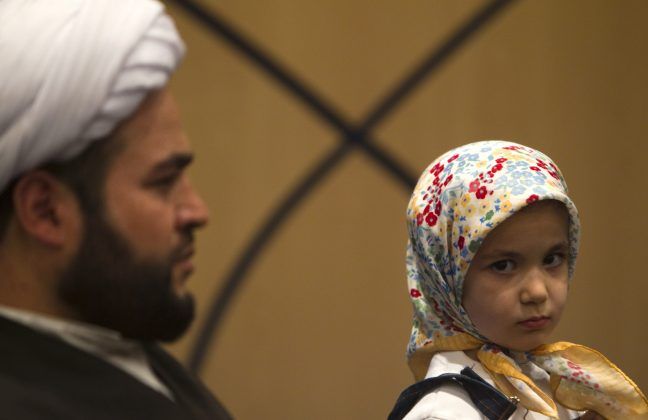By Natasha Phillips
4 Jan – As the Iran protests sweep into 2019 with no sign of stopping, the government has responded with more violent clampdowns on farmers and workers striking over pay. In a new development, women in Iran are now joining the demonstrations over working conditions and the country’s water crisis. Students also staged protests over a deadly bus crash, adding to officials’ fears that the ongoing civil unrest could threaten national security. Government officials announced Wednesday that they were preparing to block access to Instagram.
A draft of Iran’s budget was approved by a parliamentary commission this week. The bill aims to contain the effects of US sanctions by reducing the country’s dependency on oil sales, improving Iranians’ living conditions and boosting employment. Not everyone thinks the bill is fit for purpose – Iran’s Health Minister resigned Thursday over spending cuts outlined in the budget.
• A peaceful demonstration in Varzaneh, Isfahan, on Wednesday organized by farmers turned violent after riot police attacked protestors. The demonstration was part of a 10-day protest by farmers calling on the government to pay them their outstanding wages. In an unusual move, a significant number of women also joined the demonstration. Also unusual was the attendance of Hasan Kamran, an Iranian member of parliament, who called on the government to address the water crisis so that farmers could cultivate their land and regain their livelihoods. Iran news outlets estimated that anywhere from 1,000 to 2,000 protestors joined the strike action.
→Link to source
• Iran’s budget bill, which was presented to parliament in December by President Hassan Rouhani was approved by the government’s planning, budget and economic commission Thursday. The $47.5 billion budget is less than half the size of the budget presented in 2018, largely due to the depreciation of Iran’s currency following US President Donald Trump’s decision to pull the US out of the nuclear deal. The budget cuts have already led to one member of parliament resigning. According to Iran’s state-run television channel, Press TV, Health Minister Hassan Ghazizadeh Hashemi handed in his resignation, which Rouhani has accepted. The bill must now be examined by clerics and several parliamentary commissions before it becomes law.
→ Link to source
• One bill that was not passed by parliament was the child spouse bill which aimed to raise the minimum age of marriage for boys and girls in Iran. As the popularity of marriage in the country continues to fall among young adult professionals and rates of divorce are on the rise, clerics have become concerned that traditional Islamic values are being eroded. The government launched its own match-making site in 2015 with the hope of arranging 100,000 marriages during the service’s inaugural year.
→ Link to source
• Dual-national Nazanin Zaghari-Ratcliffe announced that she will be going on a hunger strike from 14 January after being refused medical treatment while in Evin prison. Joining Nazanin on the strike is human rights activist Narges Mohamadi. Ms. Zaghari-Ratcliffe was charged with espionage, a charge she denies, and is currently serving a five-year jail sentence which began in 2016. Nazanin and Narges will initially go on hunger strike for three days and will continue on with the strike if their demands are not met. Her husband Richard Ratcliffe says Nazanin has lumps in her breasts and suffers with neck pains and numbness in her ams and legs. Narges, who was arrested in 2015 and is serving a 16-year sentence for her political activism was rushed to hospital in 2018 after authorities failed to treat her.




